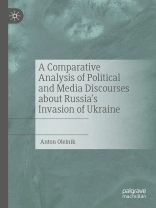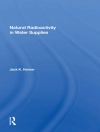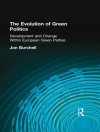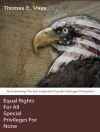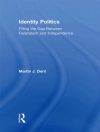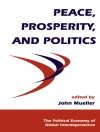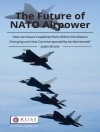This book explores the discursive dimension of Russia’s invasion of Ukraine. It analyzes how political leaders, mass media, social media, and ordinary people in Ukraine, Russia, the United States, the United Kingdom, and France discuss the war. War propaganda and counterpropaganda structure discourses about the invasion, strengthening post-truth conditions. The book highlights the consequences of the growing distrust in the institutional truth-teller, mass media. Russia’s invasion of Ukraine is the first social media war. Social media became the principal source of information about the invasion. The rise of digital media did not change the tendency of the discourses about war to be territorially segregated according to national boundaries. Nationalization of discourses about war continues to prevail over their globalization. The corpora containing more than 180 million words in four languages inform the analysis. The data was collected during the first year and a half of Russia’sall-out war in Ukraine.
Tabella dei contenuti
Chapter 1 “Conceptualizing propaganda”.- Chapter 2 “War propaganda: past and present”.- Chapter 3 “Russia’s invasion of Ukraine”.- Chapter 4 “Presidents talk”.- Chapter 5 “Signals lost and recovered”.- Chapter 6 “Searching for the truth, finding truths”.- Chapter 7 “Propaganda in social media”.- Conclusion.
Circa l’autore
Dr. Anton Oleinik is a professor of sociology who taught in Canada (Memorial University of Newfoundland, St. John’s), Kazakstan (Academy of Public Administration, Astana), Mongolia (National University of Mongolia, Ulaanbaatar) and Russia (Smolny College, St. Petersburg). His areas of expertise are political sociology, social data science, text-as-data, content analysis and mixed methods research. He previously authored Building Ukraine from Within: A Sociological, Institutional and Economic Analysis of a Nation-State in the Making, The Invisible Hand of Power: An Economic Theory of Gatekeeping, Market as a Weapon: The Socio-Economic Machinery of Dominance in Russia and Organized Crime, Prison and Post-Soviet Societies.
